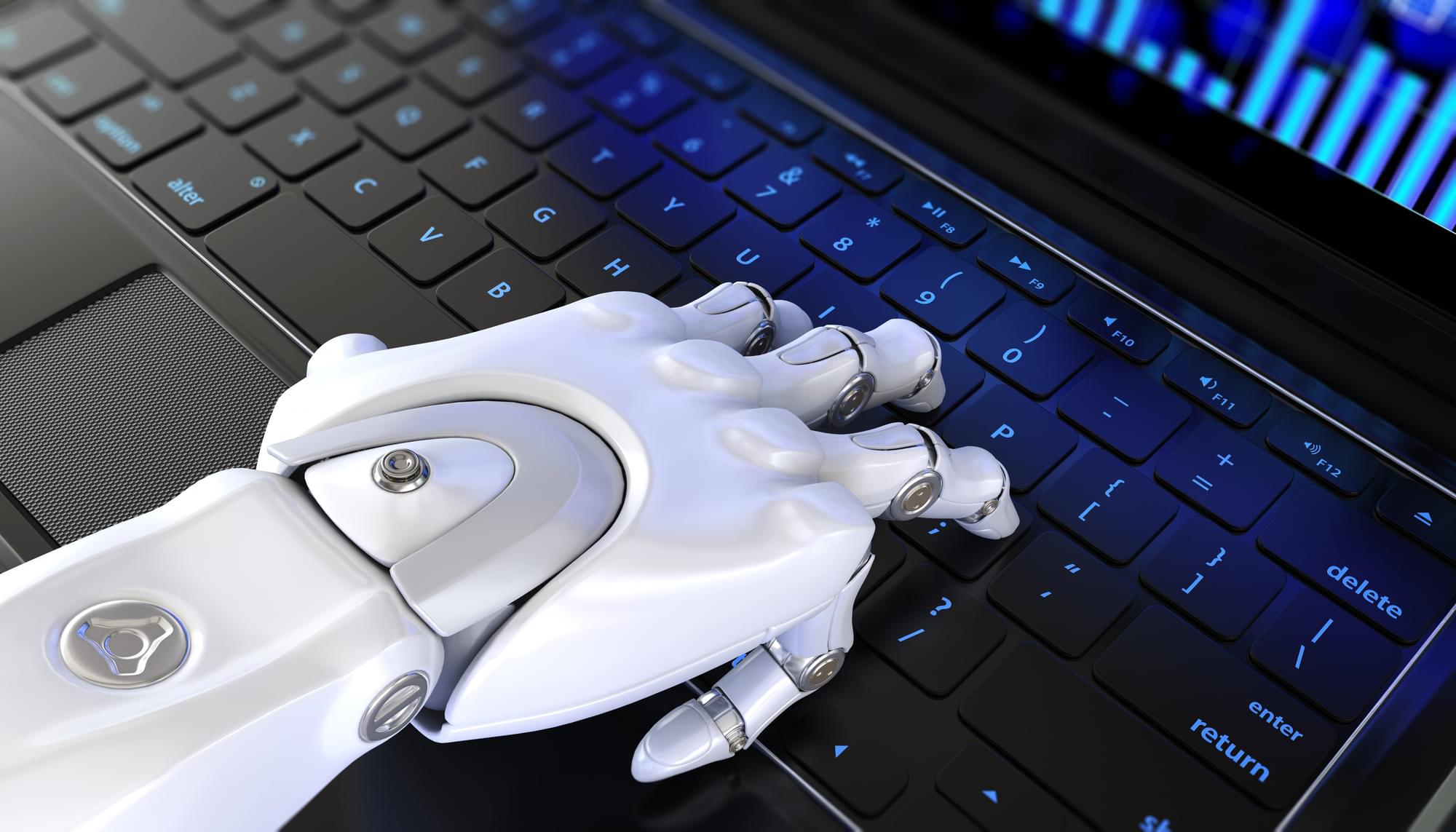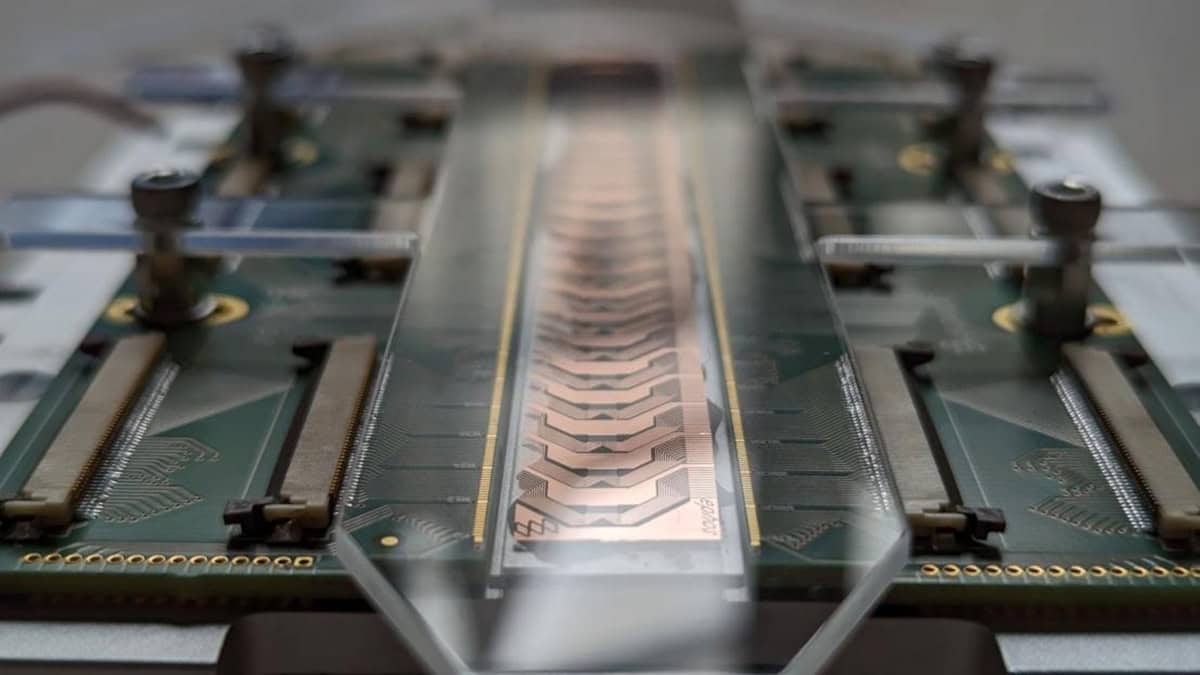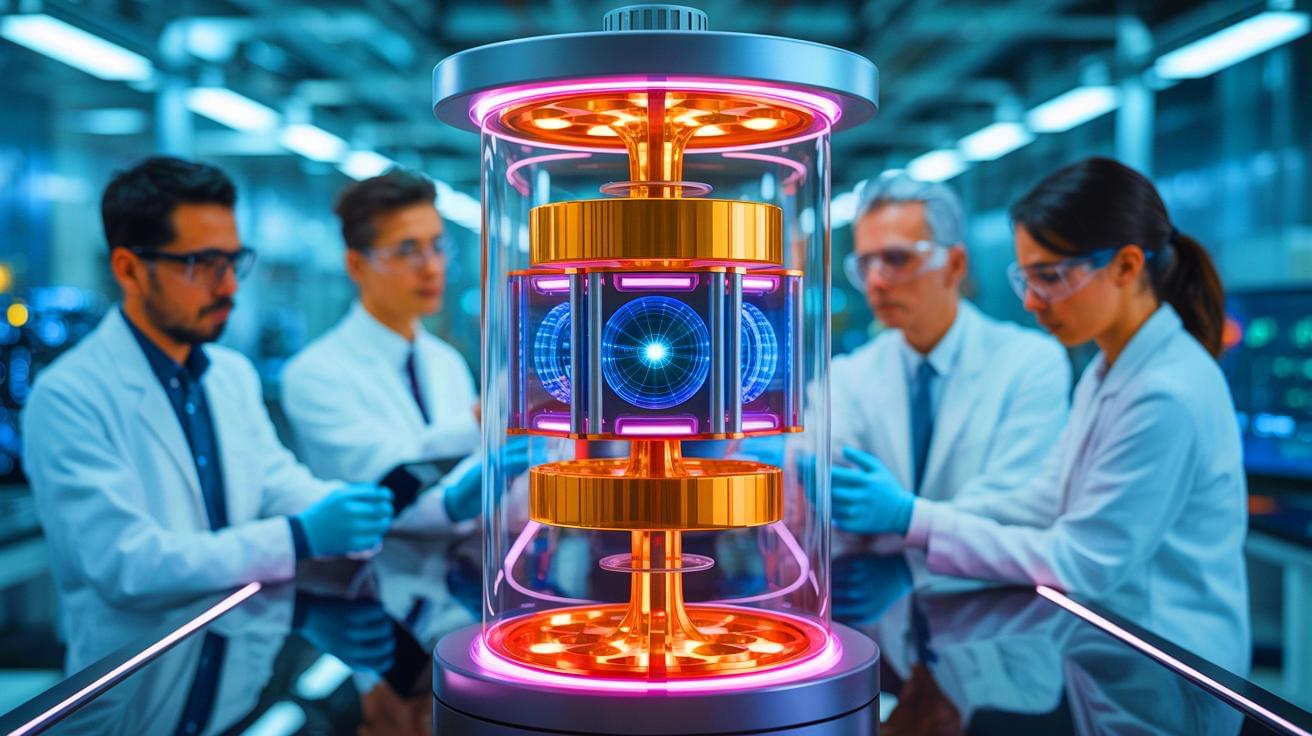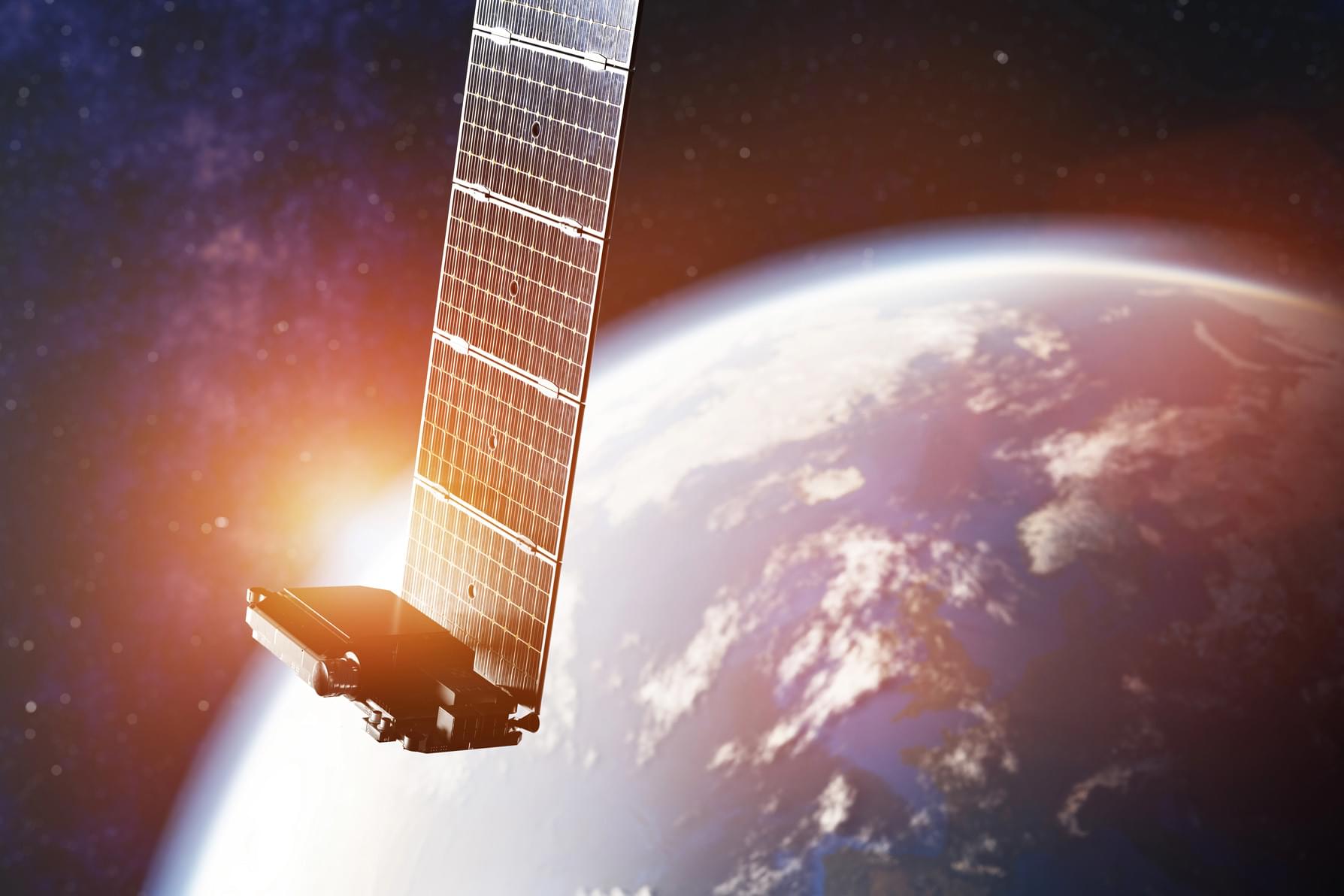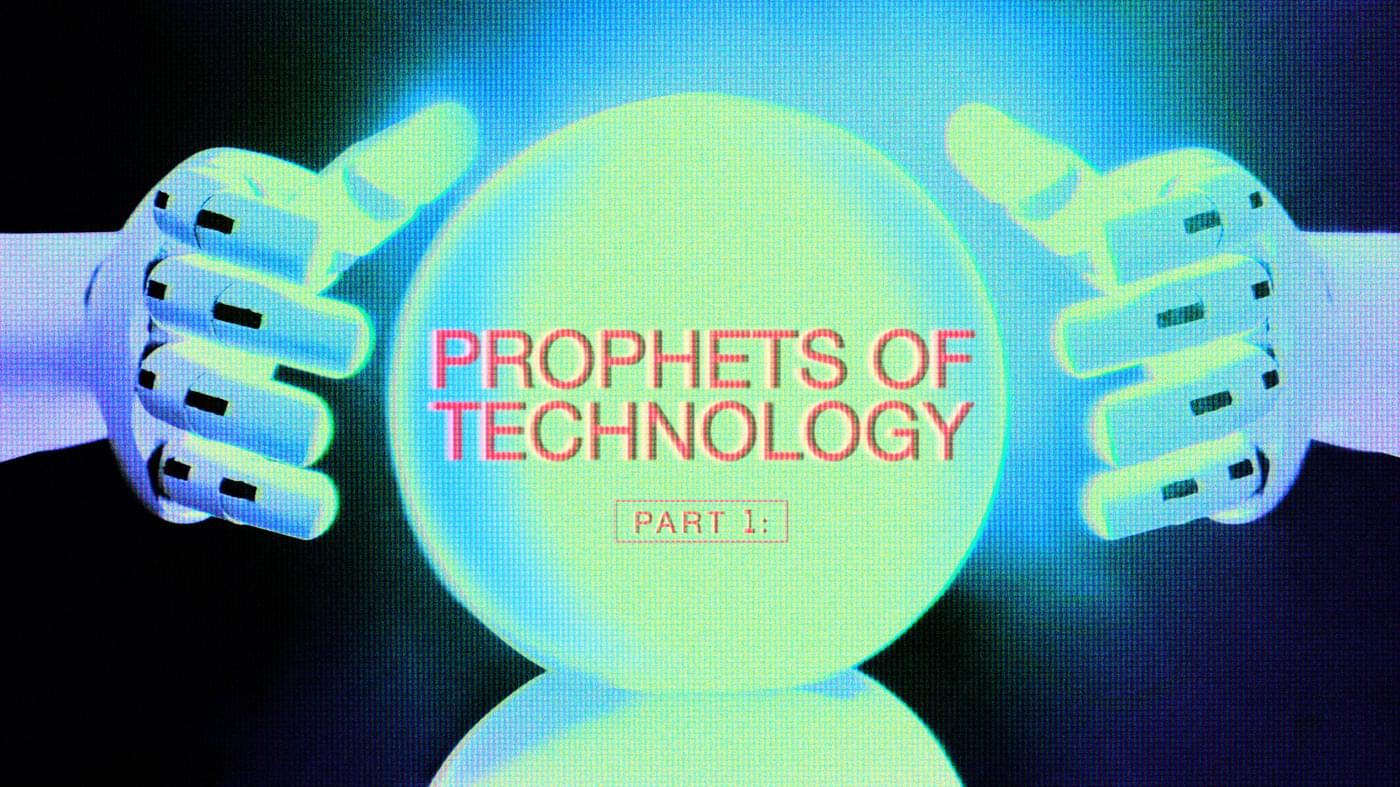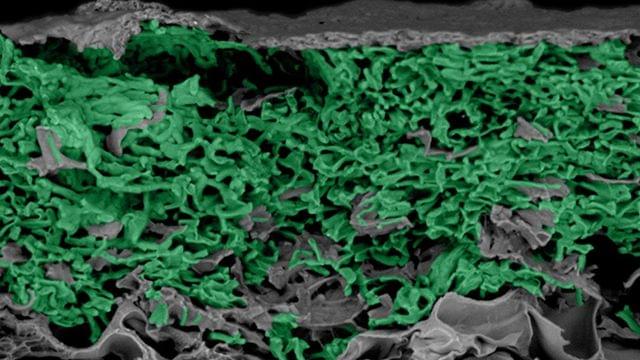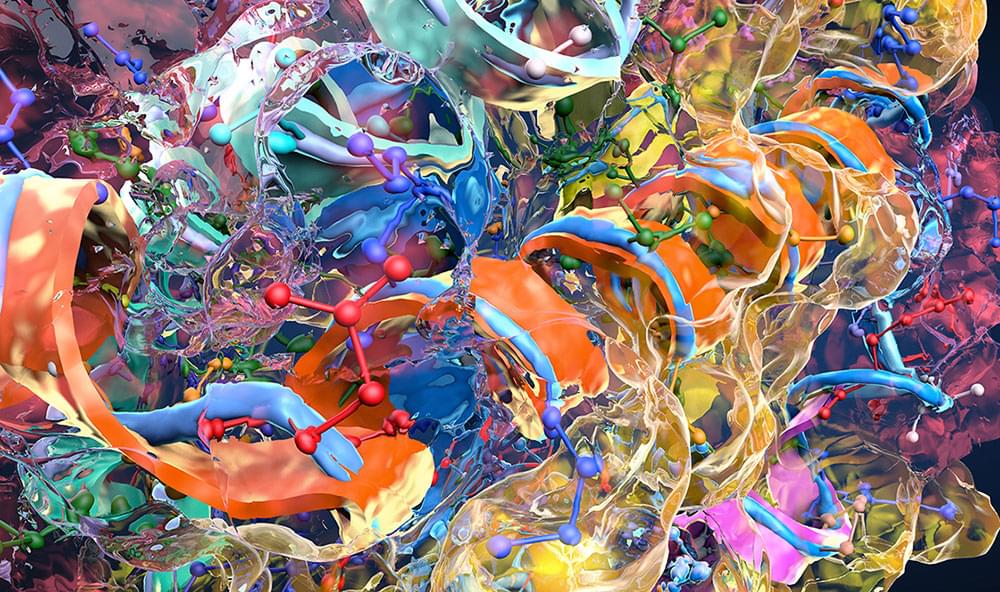American researchers from the University of Michigan have developed a new text recognition test, generated by AI and the one created by man.
Recognizing AI-generated content from human-generated content is not an easy task. There are no so many tools, that can effectively distinguish between the two, generated by AI from the human-made and avoid false accusations.
The new test by American researchers may be especially useful for scientists and students, who are increasingly faced with the fact that the works they create are perceived as generated by artificial intelligence. The developers have named their tool «Liketropy», as the theoretical basis of the method includes the statistical ideas of likelihood and entropy.
